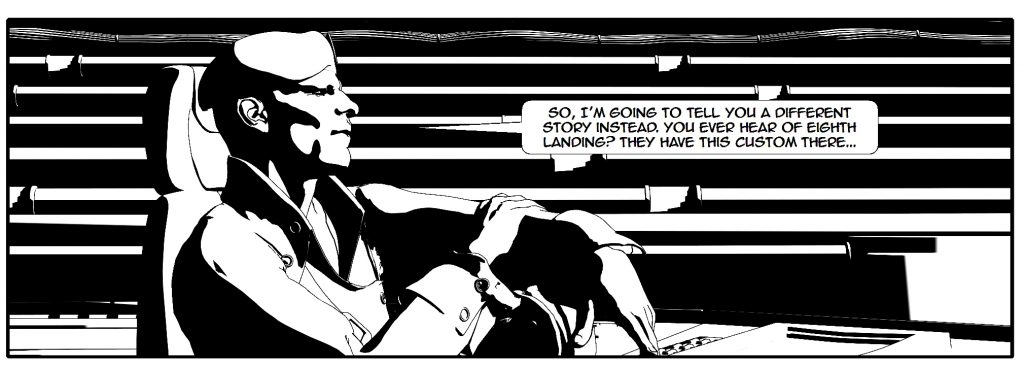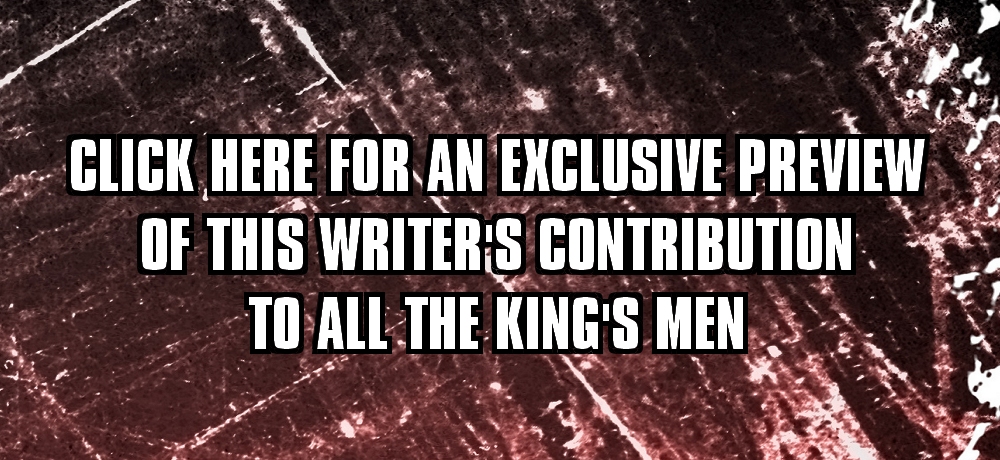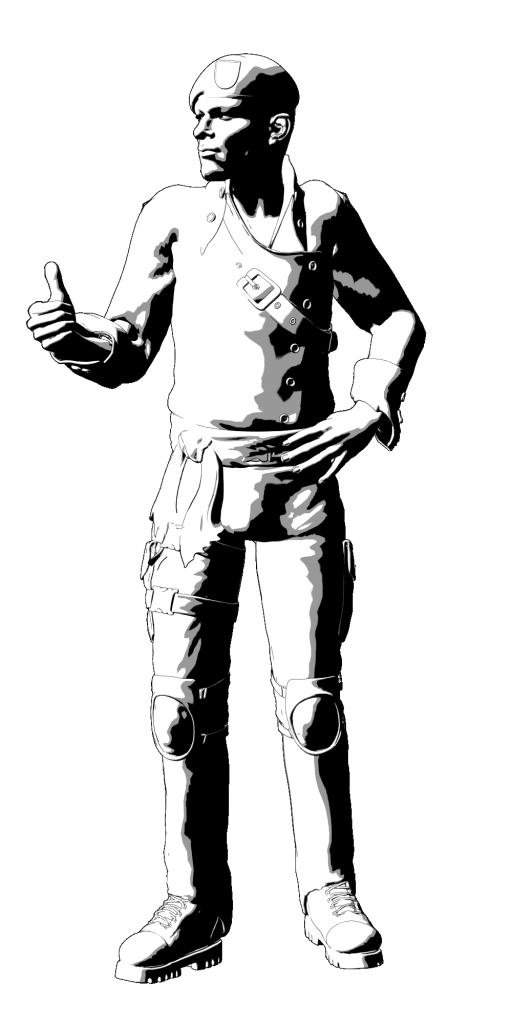All The King’s Men is being written by an incredibly talented and diverse team of writers from around the world. The stories in the anthology are informed by their unique perspective on the world, and their own fascinating experiences.
We here at anthology HQ want to celebrate these writers and their experiences. We not only want to support their other creative endeavours, but we also want to give you some insight into them as people and as creators, and to give you a chance to follow these great writers beyond this anthology.
Today’s featured writer is Kristian Olesen, a writer based in South Australia.

Please, tell us about yourself. How long have you been writing?
If you ask my mum, she would tell you about a poem I had published in the local paper when I was seven. It’s probably been that long, or longer. I’d love to hear what other people think about this, but looking back, you realise that you have been subconsciously paying attention to the mechanics of storytelling from a very young age. The catalyst that transforms you into a writer usually is (or, at least, was for me) two separate encounters with two very different types of book. They can be any books at all. The first one makes you say, “Pfft. Is that it? I could do that.” The second one leaves you in awe: “I could never do that.” Both are equally vital.
As soon as you get a handle on both the mundaneness and the transcendental potential of the written word, you simply have to try it yourself. At least, that’s how it was for me. Contempt and wonderment – those are the writer’s tools.
Who is your favourite writer, and why?
What kind of sadist asks a question like that? Well, it’s a Tuesday, so… Hemingway? Honestly, I’m a bit of a magpie when it comes to writers. I’m a huge fan of the deceptive straightforwardness of the interwar modernists – Fitzgerald, Graham Greene, Steinbeck, that kind of thing. How you can pack so much meaning into such simple stuff is almost beyond me. Anyone who has never read a Raymond Chandler novel is missing out on some of the best prose in the English language. More recent authors include the New Wave SF writers of the 70s and 80s, especially M. John Harrison. I have also come to love Australian crime authors of the last decade or so, like Garry Disher and Peter Temple, both of whom have proved that genre fiction can be both realistic and literary.
Ask me again tomorrow and I’ll probably give you a completely different answer.
What can you tell us about your writing process? Do you approach each project in the same way?
More or less in the same way, yes. It’s interesting to talk to other writers about their habits – I tend to write late at night in long, frantic marathon sessions, but I know of many other writers who do short, regular sessions first thing in the morning. Writing is a cumulative thing, and it takes on a momentum of its own the more you do it. I love those rare days when you feel compelled to call in sick, skip meals, and forsake sleep and exercise just because whatever you’re working on has reached that crucial point where it demands to be finished, whatever the cost.
Your story in All The King’s Men is a prose short story entitled One Down, Last Down. It’s a story that features an interesting dual protagonist structure and explores a conflict between faith and scepticism. Can you tell us where One Down, Last Down came from, and what it means to you?
I’m fascinated by the way different experiences can create different philosophies. My story presents two characters with radically different backgrounds. They’re both highly capable in their own fields, but when circumstances throw them together they each make assumptions about one another’s motives, feeding the conflict between them. The great thing about science fiction is that it provides a framework to explore all the different forms that humanity has taken or might one day take, and I love experimenting with ideas of faith, reason, and the subjectivity of experience. The All the King’s Men universe is a great canvas to work with in this regard; it’s huge, varied, and hints at an unknown number of out-of-the-way corners of the galaxy where humans might have found new ways to organise themselves.

You’re currently working on your first novel, a police procedural set in the slums of a near-future Australia. Tell us about it.
It’s provisionally called Lindisfarne, and it’s set in a dirty, sooty world. The plot ostensibly follows a murder investigation, which plays out under considerable political stress. At the centre of it all is a cop who takes the case initially as a way of irritating his superiors, but who ultimately comes to see it as a chance at redemption – atonement for his sins and the sins of the world he has helped to create. It’s a novel about disappointment: the disappointment we feel in ourselves, in one another, and in the future, which never quite lives up to our expectations.
It’s very much a work in progress, but if you want to get a feel for the style/content, I recommend The Broken Shore by Peter Temple, Farewell, My Lovely by Raymond Chandler, and Isaac Asimov’s The Caves of Steel.
Are you working on or planning anything else at the moment?
Isn’t everyone? I’ve got a few SF short stories sitting idle at the moment, and some of them may even be worth publishing.

Where would you like to see yourself and your writing career in five or ten years’ time?
This writing caper, it’s a compulsive thing. If my output can keep pace with the need I feel to keep producing work, then I’ll be happy. If people want to pay me to do it, even better. Every person who has ever put pen to paper knows that it’s just a constant struggle to reconcile the perfection of what’s in your head with the imperfection of what actually gets written down. To close the gap between those two points – now that’s a career!
We here at ATKM HQ think Kristian is a writer worth following. Keep an eye out for Lindisfarne – we are looking forward to it!